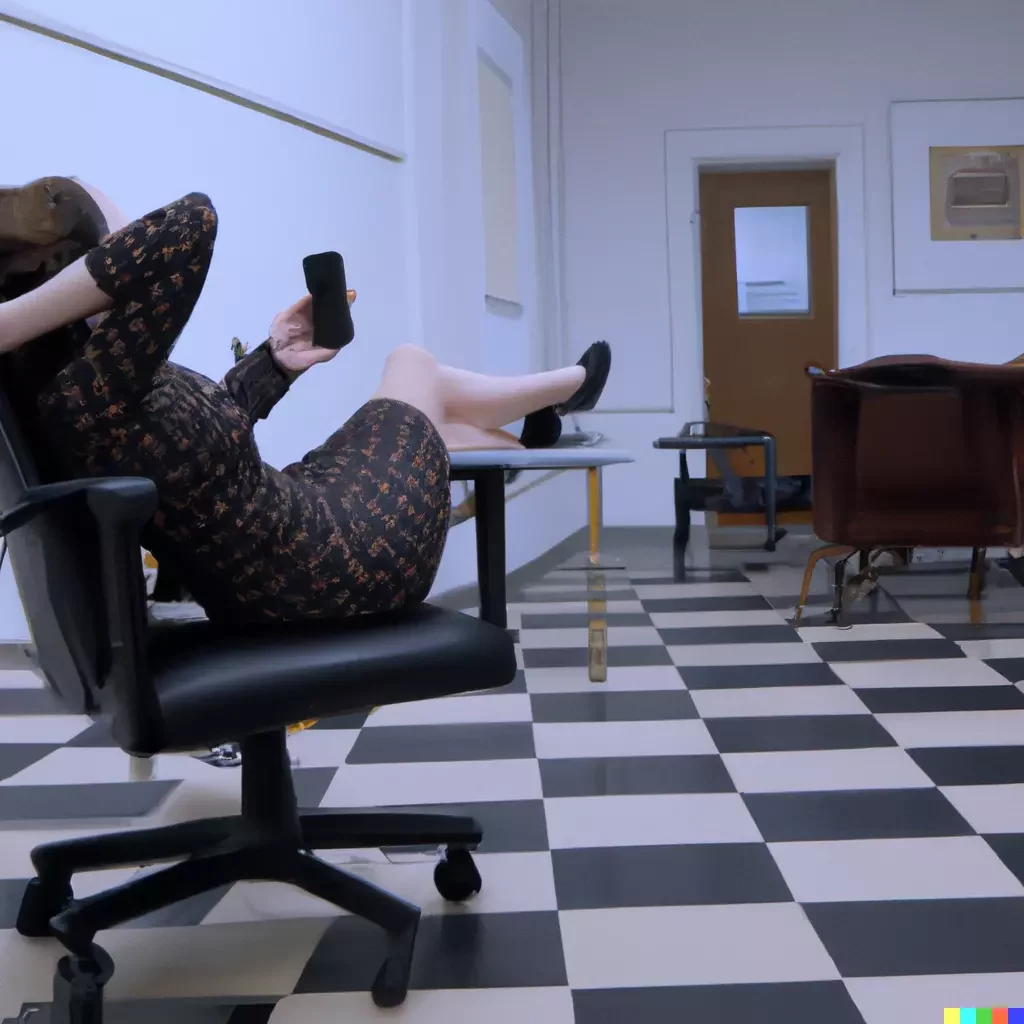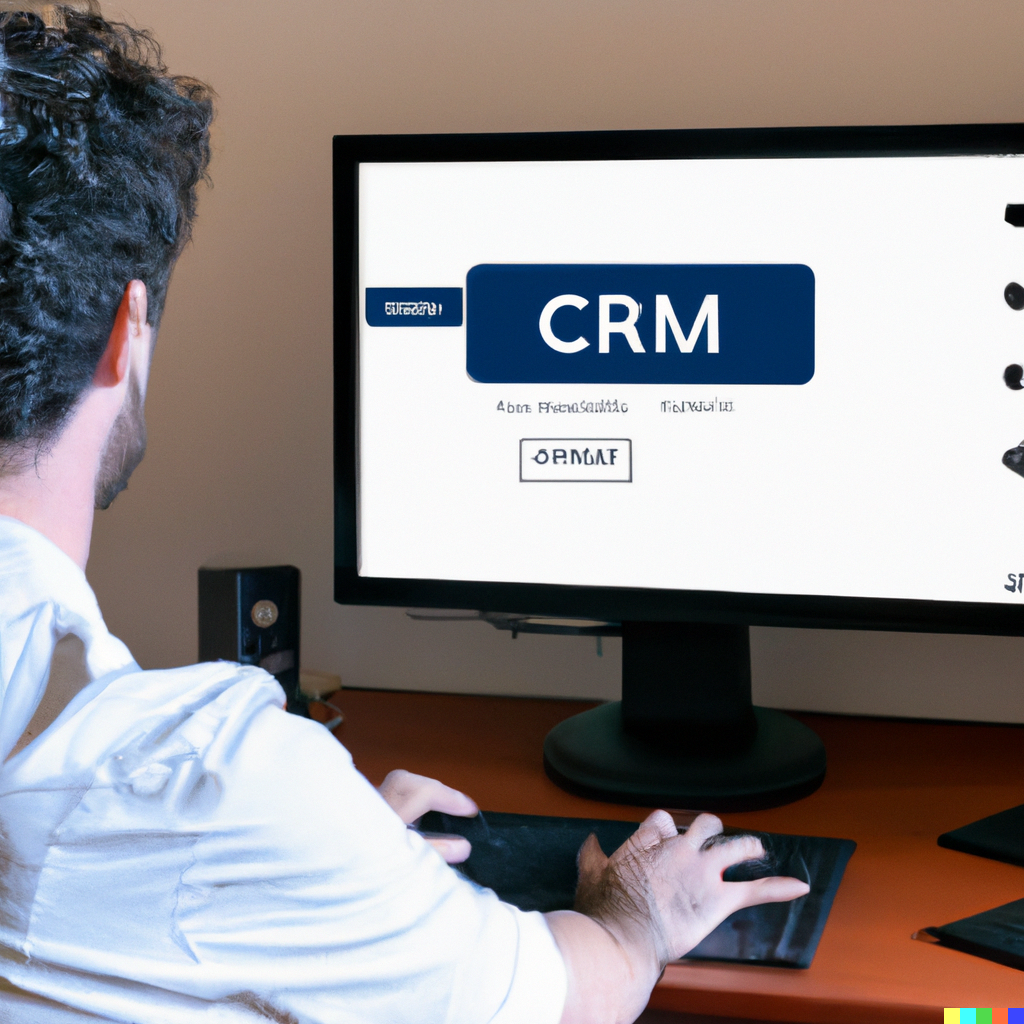According to the WHO, mental health disorders affect one in four people. It’s not surprising that the resounding crisis in mental health has also seen an emergence of mental health apps.
There are over 315,000 mental health (or mHealth) apps currently available.
What are mHealth Apps?
Apps are small programs that can be accessed and used on smart media such as phones, tablets and computers. The mHealth apps may allow people who may not be able to afford treatment, or choose not to seek it, to self-manage their conditions.
Some of these mental health apps range from treating people recovering from serious mental illnesses. There are apps for cognitive behaviour therapy (CBT), bipolar disorder, depression, anxiety, obsessive-compulsive disorder (OCD) and other conditions. A plethora of mHealth apps focus on mood improvement and reinforcing beneficial mental habits, like mindfulness and relaxation.
Apps mean better access
In The Future of Psychiatry is Digital, Psychiatrist David Gratzer writes, “We may soon use smartphones and wearables to help treat depression. As a psychiatrist, I see this as a good thing…” [Undark.org]
He cites the difficulty many people have in accessing evidence-based psychotherapy as one reason for embracing the technology.
A Need for Caution
John Torous is a psychiatrist at Harvard Medical School in Boston, Massachusetts and chairs the American Psychiatric Association’s Smartphone App Evaluation Task Force.
Torous says, “If you type in ‘depression’, it’s hard to know if the apps that you get back are high quality, if they work, if they’re even safe to use.”
The Nature magazine article Pocket Psychiatry warns that there’s been “an explosion of mental health apps, but few have been thoroughly tested.”
Other academic studies have criticised mHealth apps as having, on the whole, a lack of trial-based evidence.
David Gratzer also raised the need to be careful and cited a study of depression apps that revealed 75 percent failed a basic standards test. Another study published in Diagnosis found very poor studies with problems that included bias and few studies that showed the effects, positive or negative, on real consumers.
Prescribable mHeath Apps?
While there is limited peer-reviewed research to support the efficacy of the apps, they have some support from psychologists. Many psychologists believe they can play a role to play in supplementing and supporting that therapy.
Psychologist Tania Ranger PsyD told Psycom that says she uses a variety of mental health apps with patients to help them “stay connected outside of sessions” to the therapeutic work they are doing.”
Many believe the tools are best used in conjunction with a therapist, however, in many cases the apps are the only therapy available.
Nature magazine published an article in its digital medicine section in which it was claimed that the potential for mHealth apps to improve the self-management of chronic conditions was significant. The authors proposed the concept of “prescribable MHealth apps”
The need for mental health apps is clearly there. The need for new apps to be both effective and trustworthy is the current clinical shortcoming and the strategic opportunity.
Trust and the way forward
We need more mental health apps and devices to help people. But we need to be able to trust them.
As governments, medical and administrative bodies around the world scramble to develop guidelines for their member organisations, trust will continue to be a strong factor.
Preliminary guidelines have been developed by Xcertia in the United States and include 5 key areas. These guidelines are worth following for any mHeath app developers.
- Operability
- Privacy
- Security
- Content
- Usability
A Handful of Recommended Mental Health apps
Everyone has a slightly different opinion on this. For consumers, the apps listed below were compiled based on recommendations from Medical News Today, Psycom and the Australasian Society for Traumatic Stress Studies (ASTSS).
Calm: focuses on the four key areas of meditation, breathing, sleep, and relaxation
Headspace: for meditation and mindfulness
Moodpath: the app’s goal is to support you through the difficult times and guide you out the other side. It also generates a report after 2 weeks that you can share with a mental health professional.
SuperBetter: developed within a university as a game focusing on increasing resilience and the ability to remain strong, optimistic, and motivated when presented with challenging obstacles in life.
7 Cups: more than 160,000 trained listeners and licensed therapists who are available to anonymously speak with 24/7
Talkspace: also provides online therapy and emotional support for anxiety and depression.
What’s Up? This is a free app that uses some CBT (Cognitive Behavioural Therapy) and ACT (Acceptance Commitment Therapy) methods to help users cope with Depression, Anxiety, Anger, Stress and more.




